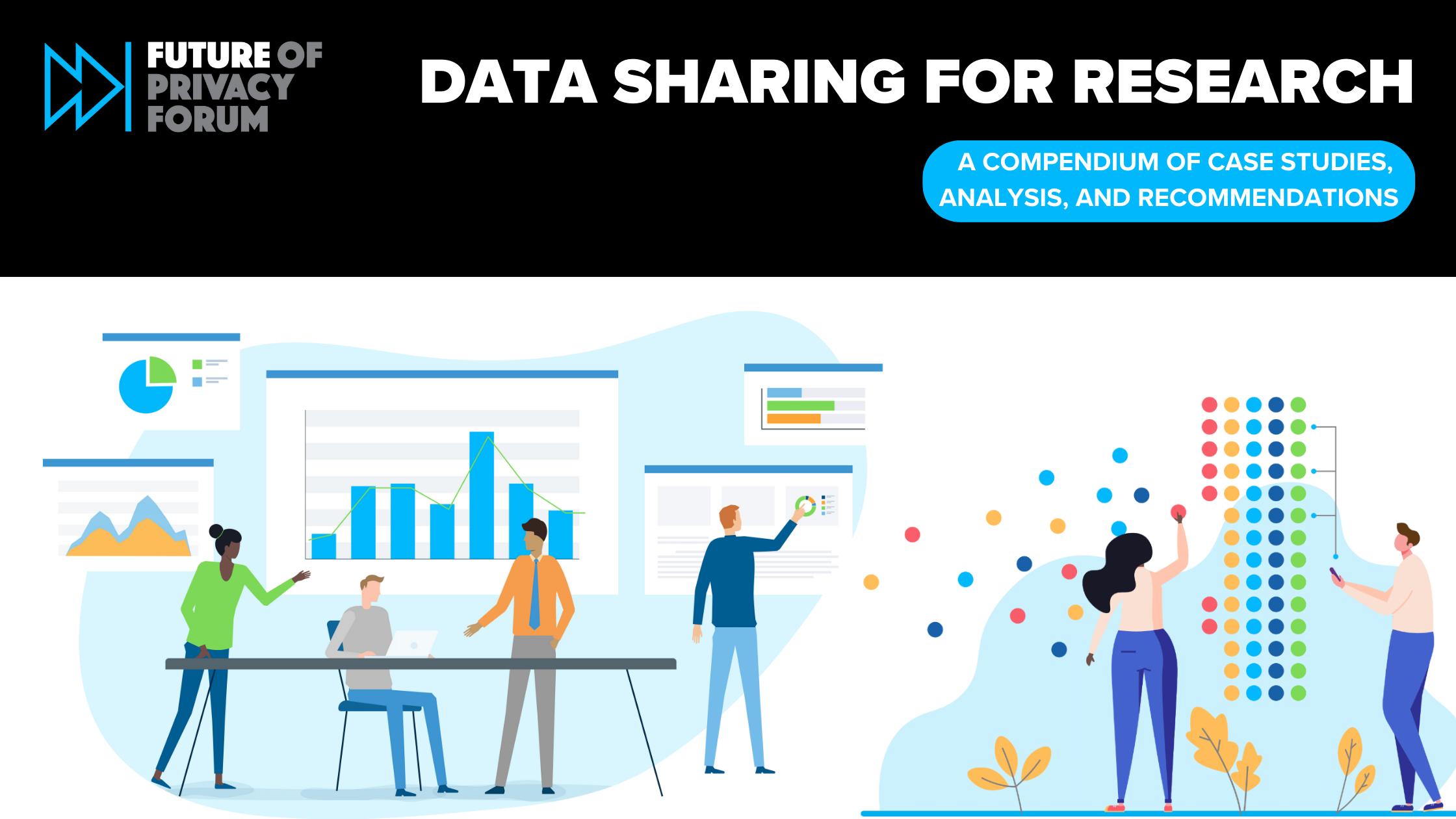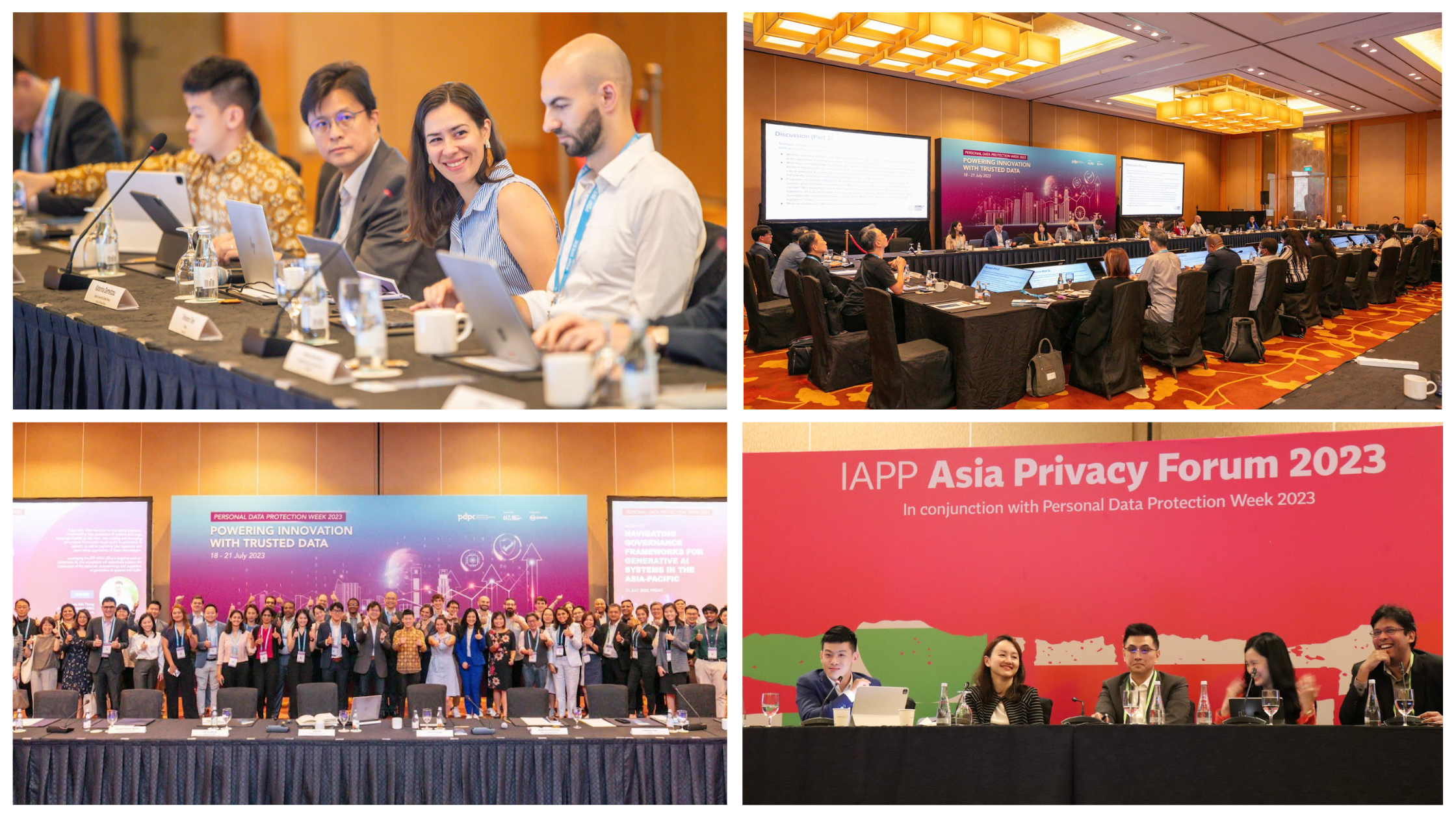
Immersive Tech Panel Series: Kids & Teens
Please join the Future of Privacy Forum for the sixth session of its Immersive Tech Panel Series, examining the new privacy risks and policy questions that arise when immersive technologies are integrated into domains like health, advertising, transportation, AI, and education. The sixth virtual panel of the Immersive Tech Panel Series will focus on Kids & Teens and will be […]

EU’s Digital Services Act Just Became Applicable: Outlining Ten Key Areas of Interplay with the GDPR
DSA: What’s in a Name? The European Union’s (EU) Digital Services Act (DSA) is a first-of-its-kind regulatory framework, with which the bloc hopes to set an international benchmark for regulating online intermediaries and improving online safety. The DSA establishes a range of legal obligations, from content removal requirements, prohibitions to engage in manipulative design and […]

FPF Submits Comments to the FTC on the Application for a New Parental Consent Method
Today, the Future of Privacy Forum (FPF) submitted comments to the Federal Trade Commission (FTC) regarding the use of “Privacy-Protective Facial Age Estimation” as a potential mechanism for verifiable parental consent (VPC) under the Children’s Online Privacy Protection Act (COPPA) Rule. FPF observes: In June, FPF published The State of Play: Is Verifiable Parental Consent […]

Data Sharing for Research: A Compendium of Case Studies, Analysis, and Recommendations
Today, the Future of Privacy Forum (FPF) published a report on corporate-academic partnerships that provides practical recommendations for companies and researchers who want to share data for research. The Report, Data Sharing for Research: A Compendium of Case Studies, Analysis, and Recommendations, demonstrates how, for many organizations, data-sharing partnerships are transitioning from being considered an […]

The Digital Personal Data Protection Act of India, Explained
Authors: Raktima Roy, Gabriela Zanfir-Fortuna Raktima Roy is a Privacy Attorney with several years of experience in India and holds an LLM in Law and Technology from Georgetown University, as well as an FPF Global Privacy Intern. The Digital Personal Data Protection Act of India (DPDP) sprinted through its final stages last week after several years […]

Annual Meeting
Peer Learning Expert Sessions Networking Join privacy leaders from around the globe at our exclusive Annual Meeting to discuss the biggest challenges of data protection today. Event Update The next FPF Annual Advisory Board Meeting will be held in the summer of 2025 in Washington, D.C. Additional details to follow. The FPF Annual Advisory Board […]

Advisory Board
Members of the FPF Advisory Board receive increased engagement with our network of privacy and data protection leaders in industry, academia, and civil society. Advisory Board members provide input in support of transparency, user control, and the advancement of responsible data practices. By serving as advisors they are not responsible for the content of the […]

Our Members
Who supports FPF’s work? FPF brings together a range of voices from industry, academia, and civil society to lead collaboration and ensure the diversity of ideas necessary to advance principled data practices in support of emerging technologies. FPF values the guidance and contributions of a wide range of members and foundation supporters. We believe varied perspectives […]

FPF at Singapore PDP Week 2023: Navigating Governance Frameworks for Generative AI Systems in the Asia-Pacific
Authors: Cheng Kit Pang, Elena Guañuna, Alistair Simmons, and Matthew Rostick Cheng Kit Pang, Elena Guañuna, Alistair Simmons, and Matthew Rostick are FPF Global Privacy Interns. From July 18 to July 21, 2023, the Personal Data Protection Commission (PDPC) of Singapore held its annual Personal Data Protection Week (PDP Week), which overlapped with the IAPP’s […]

Old Laws & New Tech: As Courts Wrestle with Tough Questions under US Biometric Laws, Immersive Tech Raises New Challenges
Extended reality (XR) technologies often rely on users’ body-based data, particularly information about their eyes, hands, and body position, to create realistic, interactive experiences. However, data derived from individuals’ bodies can pose serious privacy and data protection risks for people. It can also create substantial liability risks for organizations, given the growing volume of lawsuits […]
